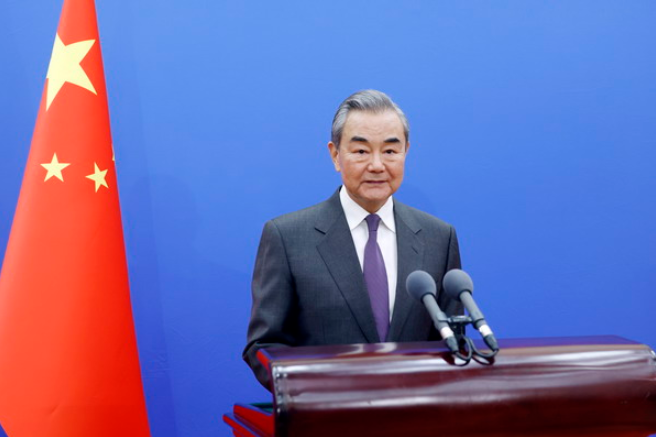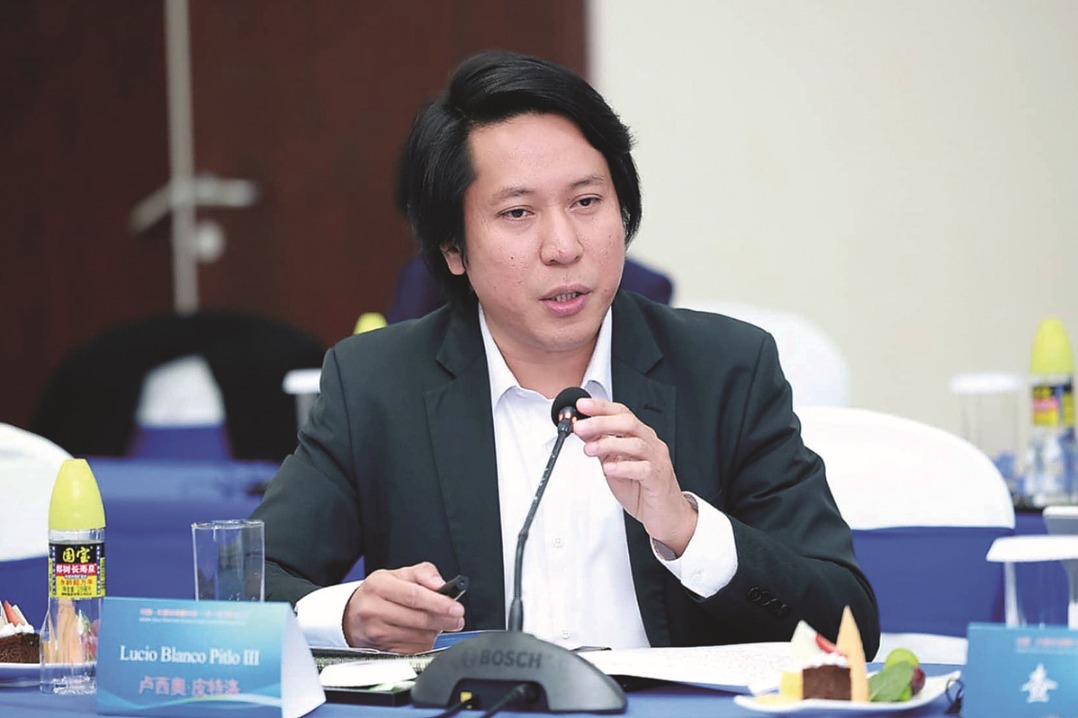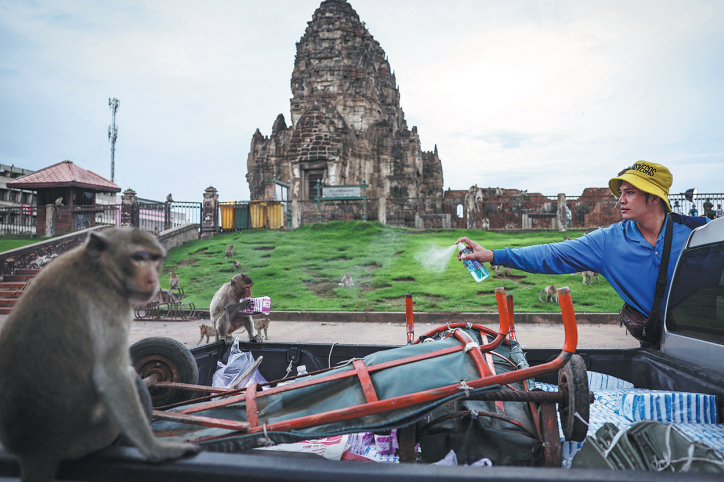China committed to enhancing SCO's role in global order


China will enhance solidarity and coordination with other member states to build the Shanghai Cooperation Organization as a stable force in the international order, Foreign Minister Wang Yi said on Friday.
He made the remarks in a meeting with outgoing Secretary-General of the SCO Zhang Ming and Nurlan Yermekbayev, who has been appointed the head of the organization for the period of 2025-2027.
Founded in 2001, the SCO is committed to fostering mutual trust, enhancing economic cooperation and safeguarding regional security. The organization currently has 10 member states, two observer countries and 14 dialogue partners.
China, which currently holds the rotating presidency of the SCO, plans to host more than 100 activities under the theme, "Carrying forward the Shanghai Spirit: SCO in Action," Wang said.
Describing the SCO as a critical force of peace and stability, he expressed confidence in the organization's future, vowing to work with the member countries to make the bloc a reliable support system for the prosperity and revitalization of its members, and a happy home for the people in the region.
Wang praised Zhang for his dedication and contributions to the growth of the SCO, and assured Yermekbayev that China would continue to facilitate the work of the secretary-general and the Secretariat.
Zhang said that under the guidance of the Shanghai Spirit, the Secretariat has, in the past three years, promoted pragmatic cooperation across various fields, enhanced the SCO's international influence, and improved the sense of fulfillment for the people of all member countries.
The SCO has become a vivid example of building a new type of international relations and a community with a shared future for mankind, Zhang said.
Yermekbayev spoke highly of China's leading role in the development of the SCO, saying he will continue to fully support China and jointly prepare for the SCO summit next year after assuming office.
He expressed the belief that the SCO will play an even more important role in maintaining regional peace and stability while enhancing the well-being of the people.
































